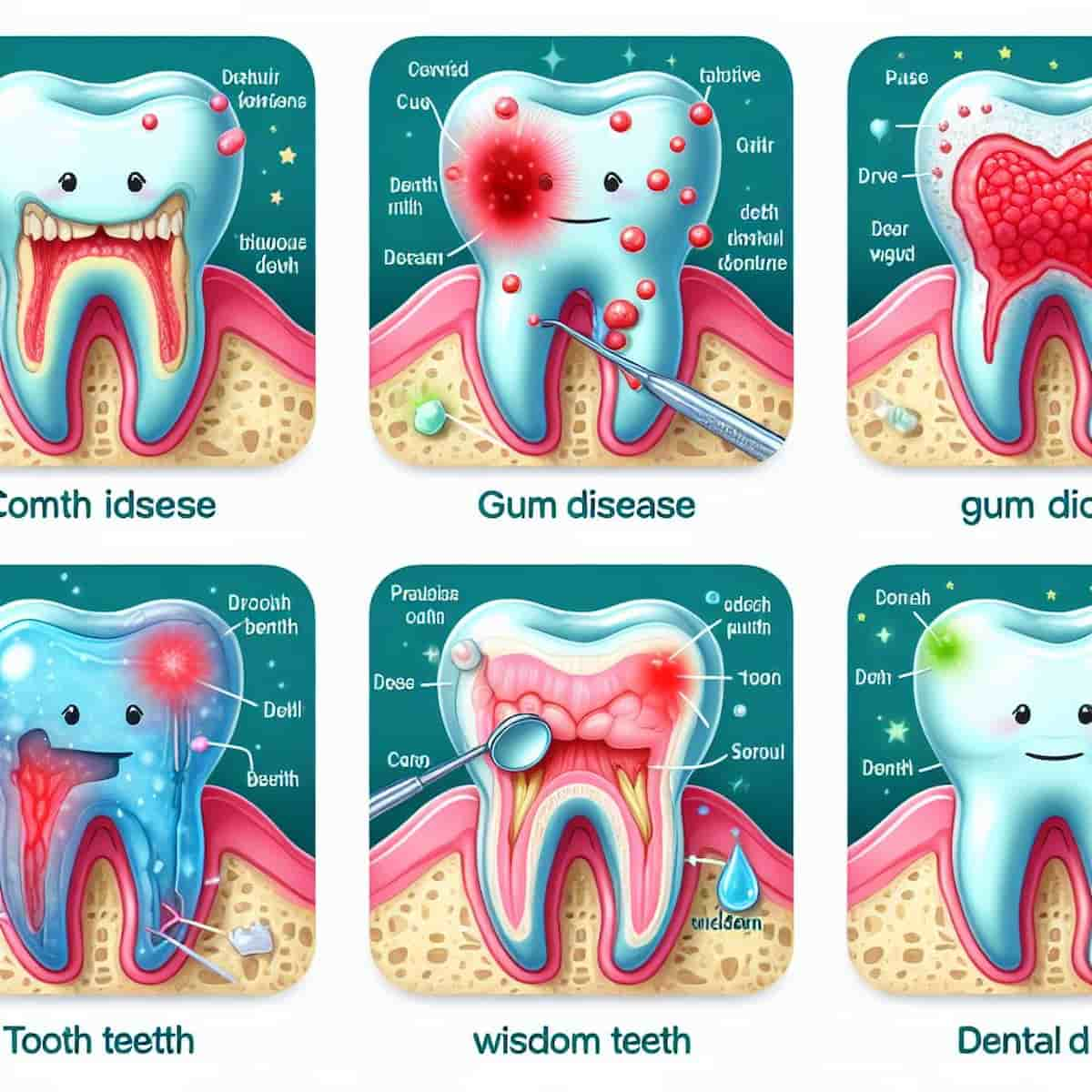Tooth sensitivity, characterized by discomfort or pain when consuming hot, cold, sweet, or acidic foods and beverages, can be a frustrating and uncomfortable issue to deal with. Understanding the causes, recognizing symptoms, and exploring effective remedies are essential for managing tooth sensitivity and enjoying a pain-free smile. Let’s dive into the details:
Key Takeaways:
- Tooth sensitivity can be caused by various factors, including enamel erosion, gum recession, and dental conditions like cavities or cracked teeth.
- Symptoms of tooth sensitivity include pain or discomfort when consuming certain foods or drinks, particularly those with extreme temperatures or acidity.
- Remedies for tooth sensitivity range from simple lifestyle changes and oral hygiene practices to dental treatments tailored to address underlying causes.
Causes of Tooth Sensitivity:
Tooth sensitivity occurs when the protective enamel on the outside of the tooth wears down, exposing the underlying dentin or nerve endings. Common causes of tooth sensitivity include:
- Enamel Erosion: Acidic foods and beverages, acid reflux, or excessive brushing can wear down enamel, exposing dentin.
- Gum Recession: Gum disease or aggressive brushing can cause gums to recede, exposing sensitive tooth roots.
- Dental Conditions: Cavities, cracked teeth, or worn dental restorations can lead to sensitivity.
- Bruxism (Teeth Grinding): Grinding or clenching teeth can wear down enamel and contribute to sensitivity.
- Dental Treatments: Certain dental procedures like teeth whitening or dental cleanings may cause temporary sensitivity.
Symptoms of Tooth Sensitivity:
Symptoms of tooth sensitivity vary depending on the underlying cause but often include:
- Pain or Discomfort: Sharp, sudden pain or lingering discomfort when consuming hot, cold, sweet, or acidic foods and drinks.
- Increased Sensitivity: Heightened sensitivity to air or touch, especially around exposed tooth surfaces.
- Avoidance of Certain Foods: Difficulty enjoying certain foods or drinks due to fear of triggering sensitivity.
Remedies for Tooth Sensitivity:
Managing tooth sensitivity involves addressing underlying causes and implementing strategies to alleviate discomfort. Effective remedies include:
- Desensitizing Toothpaste: Use toothpaste formulated for sensitive teeth, containing ingredients like potassium nitrate or fluoride to block pain signals.
- Soft-Bristled Toothbrush: Use a soft-bristled toothbrush and gentle brushing technique to minimize enamel wear and gum irritation.
- Avoid Trigger Foods: Limit consumption of acidic, sugary, or overly hot or cold foods and drinks that may exacerbate sensitivity.
- Fluoride Treatments: Fluoride varnish or professional fluoride treatments can strengthen enamel and reduce sensitivity.
- Dental Sealants: Sealants applied to vulnerable tooth surfaces can provide a protective barrier against sensitivity.
- Dental Procedures: Treatments such as dental fillings, bonding, or crowns may be necessary to address underlying dental issues causing sensitivity.
- Night Guards: If bruxism is contributing to sensitivity, wearing a night guard while sleeping can protect teeth from grinding and alleviate symptoms.
Prevention of Tooth Sensitivity:
Preventing tooth sensitivity involves maintaining good oral hygiene habits and minimizing factors that contribute to enamel erosion and gum recession:
- Brush and Floss Regularly: Clean teeth twice daily with fluoride toothpaste and floss daily to remove plaque and prevent decay.
- Use a Soft Toothbrush: Choose a soft-bristled toothbrush and avoid aggressive brushing to protect enamel and gums.
- Limit Acidic Foods and Drinks: Reduce consumption of acidic beverages like soda and citrus juices, and rinse mouth with water afterward.
- Regular Dental Check-ups: Schedule dental exams every six months for professional cleanings and early detection of dental issues.
- Address Bruxism: Wear a night guard if you grind or clench teeth, and manage stress to reduce teeth grinding behaviors.
In conclusion, tooth sensitivity can significantly impact daily life, but with the right strategies and treatments, it can be effectively managed. By understanding the causes, recognizing symptoms, and implementing preventive measures and remedies, you can alleviate discomfort and enjoy a pain-free smile once again. Remember, if tooth sensitivity persists or worsens despite home remedies, consult your dentist for personalized advice and treatment options tailored to your needs.













